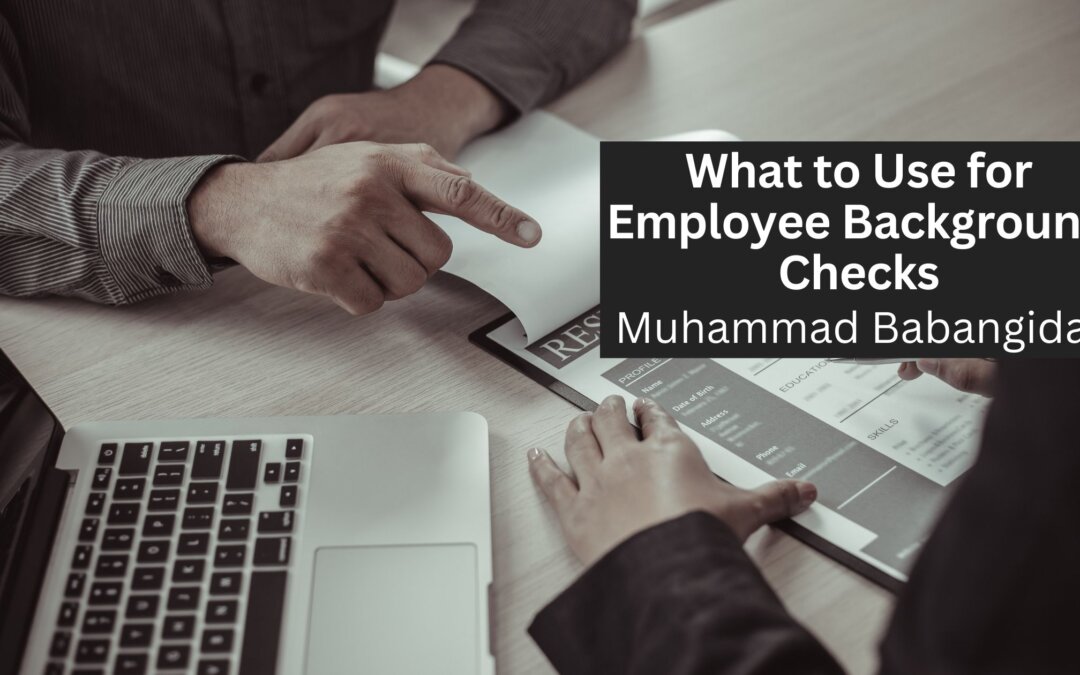Hiring the right person for the job is crucial. Résumés and interviews give you a glimpse of a candidate’s skills and experience, but they don’t tell the whole story. That’s where employee background checks come in. These checks help verify information provided by candidates and uncover any potential red flags that could impact your workplace.
However, with so many background check options, choosing the right one can feel overwhelming. Here’s a breakdown of the most common types of checks to help you decide what information is most relevant for your company:
- Criminal History Checks: This is a big one. Criminal history checks reveal past convictions, depending on the level of detail you choose. These can be national, state, or county-specific, allowing you to tailor the search to your needs. Keep in mind that local laws might restrict the use of certain criminal history information in hiring decisions.
- Employment Verification: Did that candidate work at the fancy company they listed? Employment verification checks confirm past employment dates, job titles, and responsibilities. You can also get a sense of the candidate’s performance and reason for leaving with the candidate’s permission.
- Education Verification: Similar to employment checks, education verification confirms a candidate’s educational background. This ensures they hold the degrees and diplomas they claim.
- Reference Checks: Talking to past employers and colleagues can provide valuable insights into a candidate’s work ethic, skills, and personality. However, keep in mind that references might be biased towards positivity.
- Professional License Verification: A valid license is mandatory for certain professions, like doctors or accountants. License verification checks ensure the candidate’s license is current and in good standing.
- Motor Vehicle Record (MVR) Checks: For positions requiring driving, MVR checks reveal a candidate’s driving history, including past accidents, traffic violations, and license suspensions. This is important for ensuring safety on the road, especially for delivery drivers or salespeople who travel frequently.
- Credit Checks: While not always necessary, credit checks can be relevant for certain positions, particularly those involving financial responsibility. However, be mindful of fair hiring practices and local laws regarding using credit checks in employment decisions.
Choosing the Right Fit:
There’s no one-size-fits-all approach to background checks. The type and level of checks you conduct will depend on the specific role and associated risk level. For example, a background check for a cashier at a grocery store might look very different from one for a financial advisor.
Finding a Reputable Provider:
Once you decide which checks are necessary, finding a reliable background check company is critical. Look for providers who are accredited by organizations like the National Association of Professional Background Screeners (NAPBS). This ensures they adhere to industry standards and data privacy regulations.
Transparency is Key:
Be upfront with candidates about the background checks you will conduct. Get their written consent before running any checks, and clearly explain what information will be reviewed. This fosters trust and demonstrates your commitment to fair hiring practices.
By conducting thorough yet appropriate background checks, you can make informed hiring decisions that protect your company and build a robust and reliable team. Remember, it’s about finding the right balance between getting the information you need and respecting candidate privacy.
